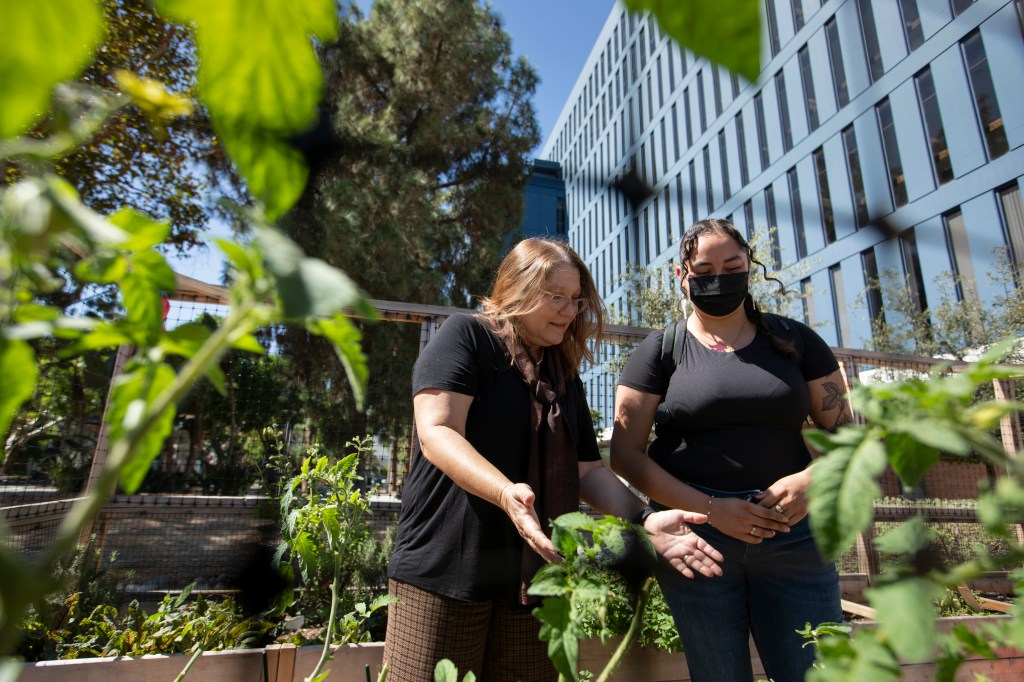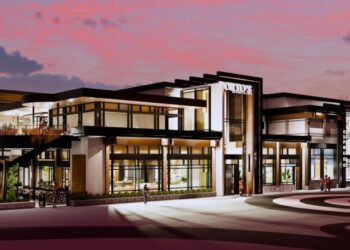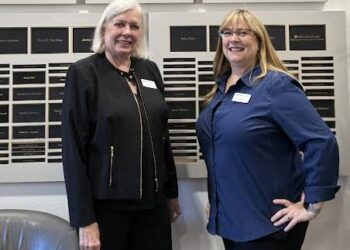Cal State Fullerton students learn how to plant and grow vegetables, particularly heirloom varieties that their ancestors may have grown and harvested centuries ago, at the university’s small but active campus garden — just one of many benefits the garden provides for students.
Faculty close to the project hope it can be expanded.
“We’re trying to foster a sense of community on campus and highlight issues of sustainability and bring awareness to food systems, so people have an idea where their food comes from,” said John Bock, professor of anthropology and director of CSUF’s Center for Sustainability, who helped bring the idea into reality.
As the winter crops come to an end, the garden is transitioning to the warmer season. “We’ll soon put in zucchini, squash, greens, lettuces, kale and onions,” said Bock, adding that varieties of peas, beans and corn will be planted, too.
“We’re starting to grow Navajo copper corn, a small corn plant the Diné (Navajo people) grow on their reservation in Arizona and New Mexico,” he said. “We want students to know we are growing plants developed and used by cultures for thousands of years. Some of the squash comes from the Raramuri (Tarahumara) people from Chihuahua.”
Students are enthusiastic about growing their own food.
“I’ve had more than a hundred students say that working in the garden was the most important experience they’ve had in their college career — that it was especially meaningful to plant something and then eat it,” Bock said. “When they pick a vegetable, put in their mouth and chew it, knowing it came from the tiny seeds they planted, they always say ‘This is best chard or best lettuce I’ve ever had.’”
A 2018 study published in the Journal of the Academy of Nutrition and Dietetics showed that among college students, gardening experience was associated with a higher vegetable and fruit intake.
Located between the Humanities and Social Sciences building and…
Read the full article here







